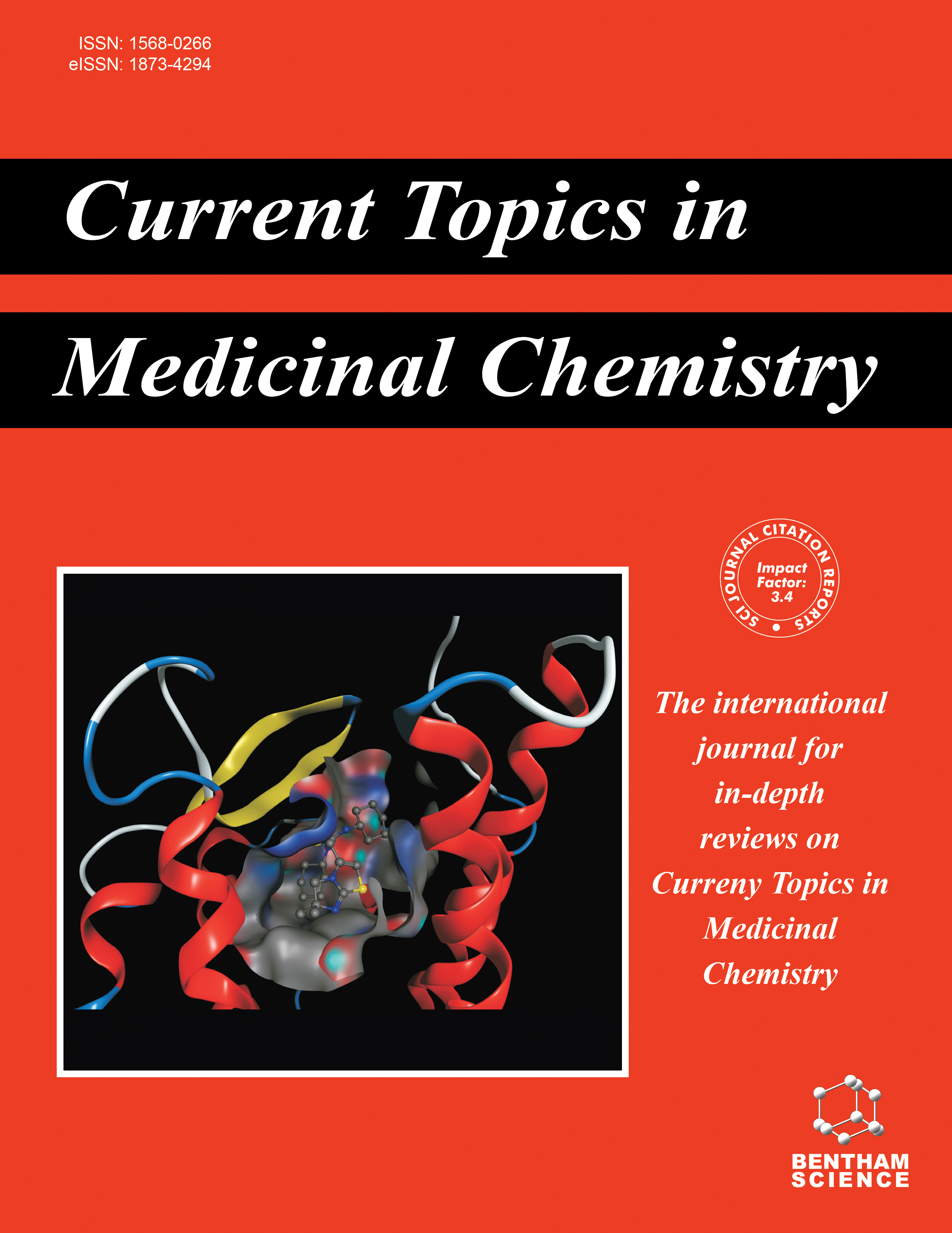
Full text loading...
Alzheimer’s disease (AD) remains a formidable challenge in modern medicine, with limited therapeutic options available to combat its progressive cognitive decline. Histone acetylation is a key epigenetic mechanism responsible for gene expression, cell growth, and differentiation. HDAC is a group of enzymes that can reverse the acetylation of cells. These enzymes have been evidenced to be involved in the pathophysiology of AD. Hence, inhibition of this enzyme was postulated to exhibit pronounced benefits in AD concerning memory, learning, and cognition. Pan-HDAC inhibitors inhibited multiple HDAC isoforms but were associated with certain side effects. Hence, class-specific and isoform-specific inhibitors were discovered, revealing great potencies and proving efficacious. This review article comprehensively explores the evolving landscape of research avenues targeting HDAC inhibitors against AD. Beginning with the molecular mechanisms underlying AD pathology, we delve into the intricate roles of HDACs in neurodegeneration and synaptic dysfunction. Subsequently, we scrutinize preclinical studies investigating various HDAC inhibitors, elucidating their promising neuroprotective effects, modulation of epigenetic mechanisms, and potential for disease modification. Furthermore, we highlight the translational challenges and therapeutic opportunities in advancing HDAC inhibitors toward clinical applications for AD. By summarizing current research findings, this review aims to provide valuable insights into the burgeoning field of HDAC inhibition as a promising therapeutic strategy for combating AD, paving the way for future research directions and drug development endeavors.

Article metrics loading...

Full text loading...
References


Data & Media loading...

